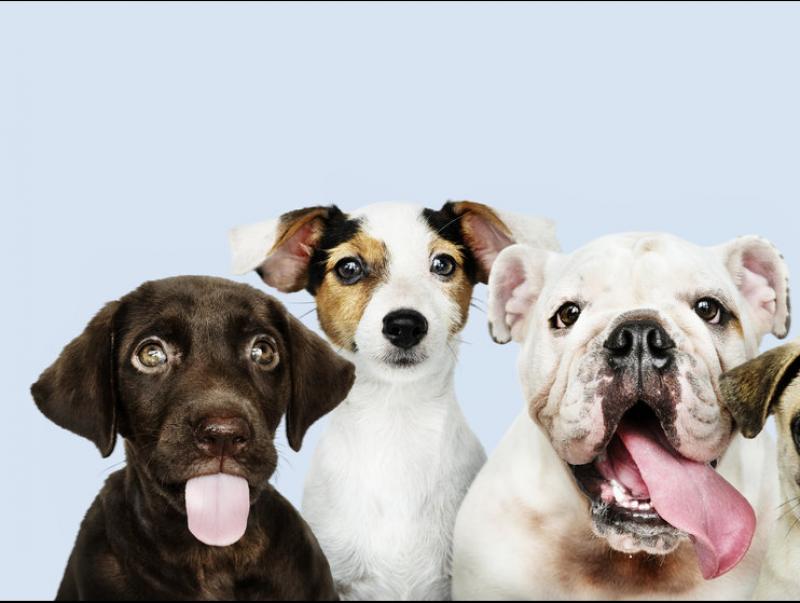from the editor
How we treat animals reflects our society
For some years now, the debate on animal rights has ceased to be considered marginal and eccentric and become a central debate that conditions the current political agenda. It is a very similar process to what had happened before in debates about the environment, climate change or food: at first they were supported by very minor sectors of the population and none of the major political parties really considered them, but today they are at the very core of every political project and every government policy. Reading the analysis and comments made on climate change or the effect of fossil fuels only a few decades ago shows us what will also happen with the animal rights issue. Because, as strange as it may seem to some today, animals do have rights. Yes, it will be difficult to achieve the cultural change that this represents, because it will involve very different ways of doing things and living, but it surely is as unstoppable a path as the defence of renewable energy once was.
A few countries have already made great progress with legislation, such as the UK, one of the leaders in animal welfare, with the aims of giving animals a more dignified life and greater respect, and improving the relationship between animals and humans. But there is still a long way to go. Economic interests and a certain reticence to take the matter seriously are still major obstacles to new policies being drawn up in this respect. It has been more than a decade since the Parliament of Catalonia decided to ban bullfighting, but this was contested by the Spanish State and even in France they have not dared implement a similar measure.
On the other hand, more progress is being made in the pet sector, and it seems the topic has met with more empathy and popular consensus within large parts of the population. There is the risk here, however, that we sometimes confuse animal rights with the “humanisation” of animals, which would be another way of denying them the right to be what they truly are: animals.


